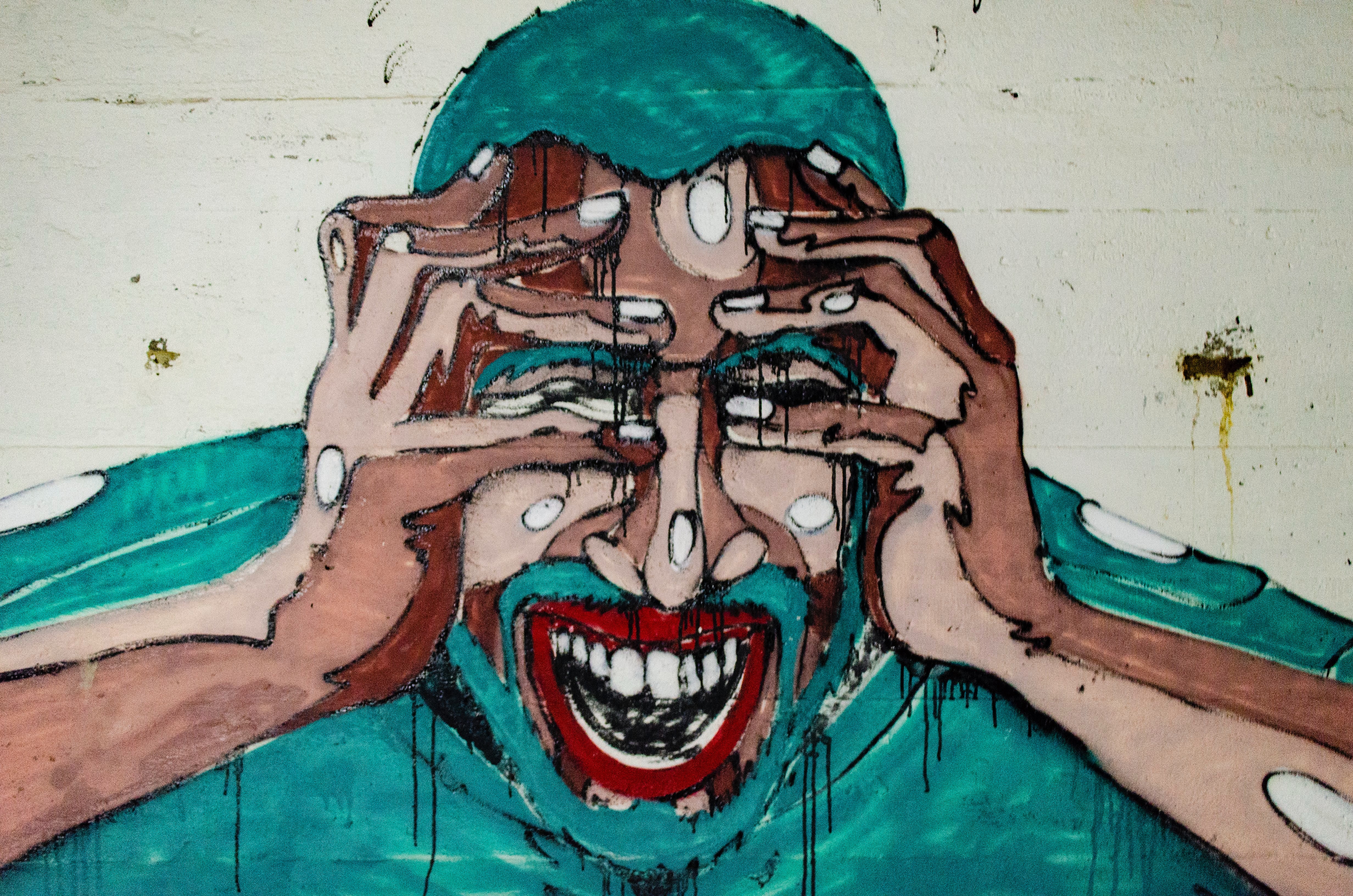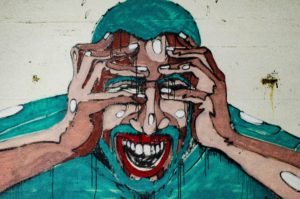2 min read
An Alternative—and Innovative—Treatment for Chronic Pain: Ketamine Infusion Therapy
ketamine@dmin May 31, 2019

Ketamine Clinics of LA: Alternative innovative chronic pain treatment
 We all experience pain at times in our lives: maybe the occasional headache or aching muscles due to too much physical activity, or acute pain due to an accident or serious injury. In most of these cases, an over-the-counter pain reliever is all that is needed, or for more serious acute pain, a trip to the doctor can help us identify the cause of the pain and treat it accordingly. Chronic pain, however, is different. Generally defined as pain that lasts longer than 12 weeks, in reality chronic pain is persistent and limiting. It can limit an individual’s ability to move easily and reduce strength, flexibility, and stamina. At worst, it can make it nearly impossible to carry out simple, daily tasks and participate in enjoyable activities with friends and family.
We all experience pain at times in our lives: maybe the occasional headache or aching muscles due to too much physical activity, or acute pain due to an accident or serious injury. In most of these cases, an over-the-counter pain reliever is all that is needed, or for more serious acute pain, a trip to the doctor can help us identify the cause of the pain and treat it accordingly. Chronic pain, however, is different. Generally defined as pain that lasts longer than 12 weeks, in reality chronic pain is persistent and limiting. It can limit an individual’s ability to move easily and reduce strength, flexibility, and stamina. At worst, it can make it nearly impossible to carry out simple, daily tasks and participate in enjoyable activities with friends and family.
Chronic pain stems from several a number of different causes, some of which are easily identifiable while others fight an easy medical diagnosis. For instance, chronic pain can begin with an acute injury that is not treated or not treated properly, or one that resists treatment; chronic back pain often falls into this category. Chronic pain may also be a symptom of any one of a large number of illnesses or “conditions” such as Complex Regional Pain Syndrome (CRPS), fibromyalgia, rheumatoid arthritis, multiple sclerosis, or lupus, for instance. It may be the result of a long-term illness, as in the case of refractory pain due to cancer. Finally, and most unfortunately for some individuals, their chronic pain may not have a clearly identifiable cause.
Since the early 1990s, the medical community has relied primarily on opioid-based pain medication for individuals suffering from chronic pain (if the source of the pain itself cannot be identified and/or treated). This class of drugs, including codeine, OxyContin, Percocet, Vicodin, and morphine to name a few, has the benefit of being highly effective in treating pain for most, although not for all, patients. However, opioids have also several serious drawbacks, the two most critical of which are opioid tolerance and of course addiction.
As the medical community continues to search for effective treatment options for individuals suffering from chronic pain—options without the serious drawbacks of opioids, especially for individuals already coping with tolerance and/or addiction due to past use of opioids—an “old” solution is presenting itself again as an alternative, and highly innovative, treatment: Ketamine Infusion Therapy. Ketamine has been available as an FDA-approved anesthetic since the 1970s and, when administered in sub-anesthetic doses, has been shown to be highly effective in fighting neuropathic chronic pain.
How Ketamine Infusion Therapy Works Against Chronic Pain
Although the mechanisms by which ketamine works with the brain’s chemistry to fight pain are still not entirely clear, researchers currently believe that ketamine modulates and reduces pain by impacting the effectiveness of a chemical reactor known as an N-methyl-D-aspartate (NMDA); as an NMDA antagonist, ketamine may actually calm the nerves within the central nervous system, increasing the threshold required to send pain signals to the brain and thereby reducing the level of pain perceived by the brain. Moreover, by impacting the brain’s chemistry differently than opioid-based pain medications, ketamine appears to work, for many patients, without the long-term risk of either tolerance or addiction. Thus, there are very real indications that Ketamine Infusion Therapy could present a highly effective—and extremely safe—alternative for patients suffering from chronic pain. Ketamine infusions also resets the pain receptors in the brain.
For patients coping with chronic pain, Ketamine Infusion Therapy generally involves a series of low dose ketamine infusions administered by the highly skilled and qualified staff at Ketamine Clinics of Los Angeles, a state-of-the-art clinic accredited by AAAASF. Dr. Steven L. Mandel utilizes specialized digital infusion pumps that deliver individually-tailored dosages that can be quickly changed to meet the needs of each patient. Each treatment plan and individual infusion is specifically tailored to meet the individual needs of every patient, depending on their specific diagnosis, other medical treatments, and overall health.
For more information about Ketamine Infusion Therapy treatments for depression, bipolar, anxiety, post-traumatic stress disorder (PTSD), obsessive compulsive disorder (OCD), fibromyalgia, pain syndromes and other conditions contact us at Ketamine Clinics of Los Angeles in Southern California (Orange County) by clicking here or calling 310-270-0625.
Photo by Aarón Blanco Tejedor on Unsplash

